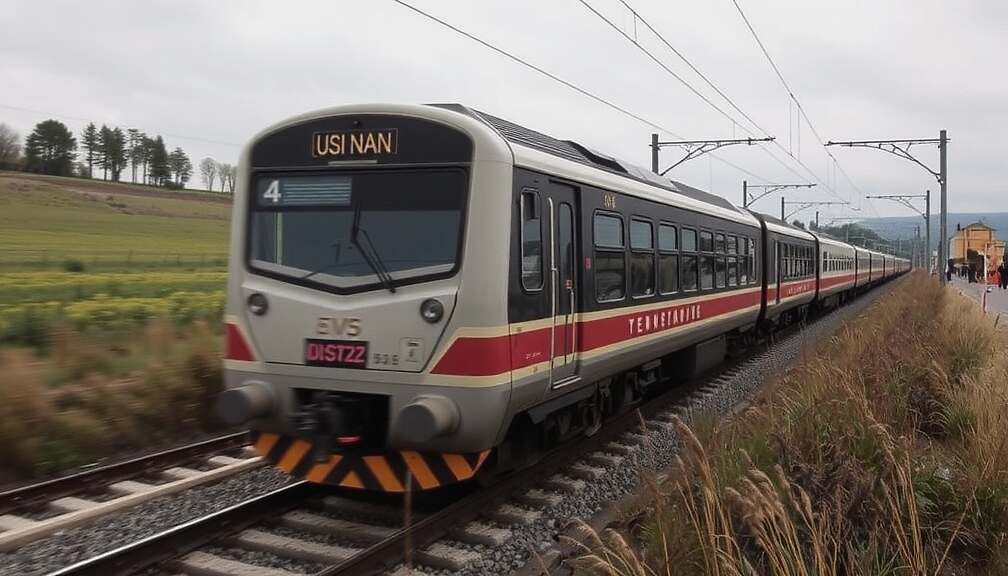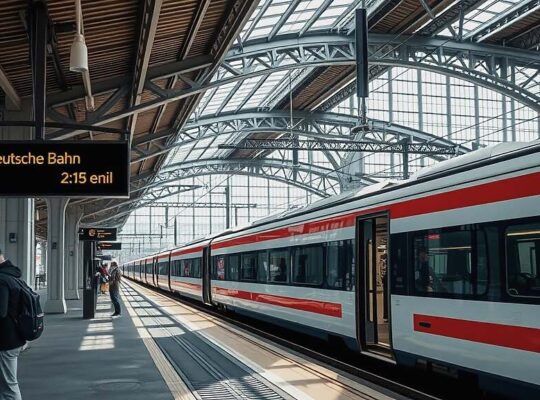Italian state railway company, Ferrovie dello Stato (FS), is reportedly poised to challenge Deutsche Bahn’s dominance in the German long-distance passenger market, signaling a potentially significant shift in the European rail landscape. In a statement to the Handelsblatt, FS CEO Stefano Donnarumma confirmed the company is actively considering expanding its operations within Germany to include high-speed rail services, a sector currently almost entirely controlled by Deutsche Bahn.
While FS has previously maintained a presence in Germany through regional and freight transport, the ambition to enter the lucrative Fernverkehrsnetz – the long-distance network – represents a markedly bolder move. Plans are already underway to launch cross-border services linking Milan and Munich by 2026 and the potential inclusion of a substantial fleet of 50 high-speed trains would mark FS’s first serious challenge to Deutsche Bahn’s near-monopoly.
The move raises interesting political and economic questions. Deutsche Bahn has long been a symbol of German national identity and a crucial part of its infrastructure strategy. The introduction of substantial foreign competition, particularly from a state-backed enterprise, could intensify political scrutiny of DB’s performance and its often-criticized modernization efforts.
Analysts suggest FS’s entry could be driven by a desire to leverage its experience in high-speed rail and potentially benefit from perceived inefficiencies within Deutsche Bahn. However, the complexity of navigating German regulatory frameworks and integrating into an established network presents considerable hurdles. The exploratory phase currently underway will need to address these challenges and evaluate the potential for commercial viability.
Furthermore, the move is likely to reignite the ongoing debate within Germany regarding liberalization of the rail sector. While the European Union mandates open access to rail networks, the extent to which German authorities have facilitated such competition has been questioned. The arrival of FS could force a reassessment of these policies and potentially lead to reforms aimed at fostering a more competitive railway environment – or conversely, trigger protective measures to safeguard Deutsche Bahn’s position. The unfolding situation could have far-reaching implications for the future of rail transport not only in Germany but across Europe.












